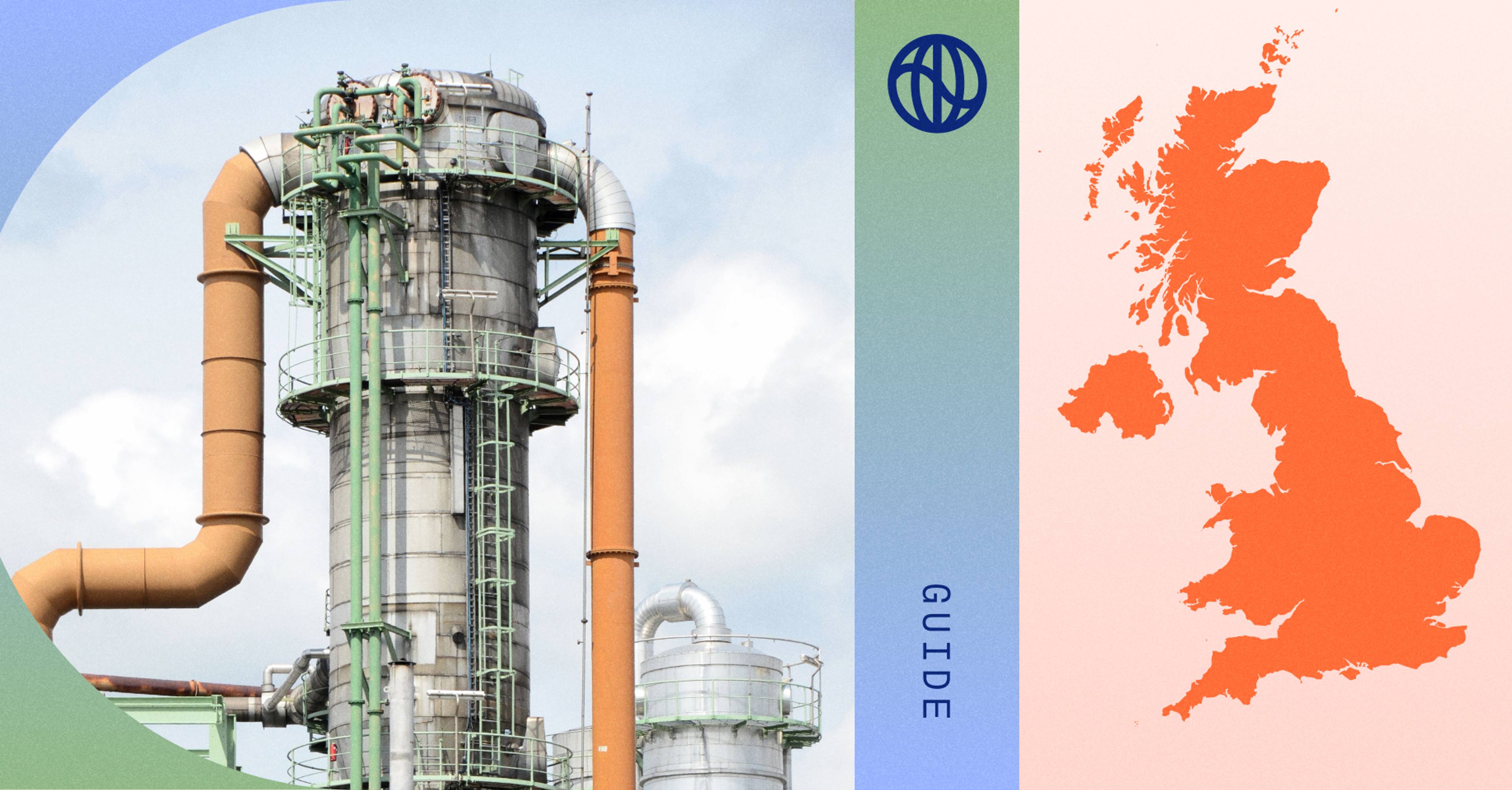The UK’s Financial Conduct Authority (FCA) recently produced a report on the quality of TCFD-aligned reporting to date. Its conclusion is clear: the FCA is taking climate disclosures seriously, and has higher expectations for companies going forward.
TCFD is also just the tip of the regulatory spear. Soon-coming disclosure programmes like SDR will ask for far more data, as will many investors as they seek to meet their own new reporting obligations. Getting ready for this new era starts with a top-down acknowledgement that climate action is now a must for every business.
Now that the FCA’s new rule has been in force for a full accounting cycle, we have greater clarity on what regulators are looking for—and how companies can prepare.
The FCA’s analysis
The FCA’s report evaluated the success of their disclosure rule introduced in 2020 for premium listed companies. The rule required firms to state in their Annual Financial Report any disclosures they’d made consistent with recommendations from the Task Force on Climate-Related Financial Disclosures (TCFD)—or to explain why they hadn't done so.
The FCA noted some positive trends. More companies are disclosing on climate than before, and over 90% indicated whether their disclosures were consistent with the TCFD framework.
But companies fell short on disclosing across all parts of TCFD:
- More than 90% of companies reported that their disclosures were consistent with the TCFD’s Governance and Risk Management pillars—but this dropped to below 90% for the Metrics and Targets pillar and the Strategy pillar.
Additionally, many companies failed to report data at the level of depth and quality the FCA seeks:
- Some companies said that they had made TCFD disclosures, but the disclosures themselves were very limited. The FCA is considering these cases in more detail and “may take action as appropriate.”
- Net zero commitments are increasingly common, but many lack the evidence needed to align with TCFD; some failed to cover a company’s entire value or supply chain (which means including scope 3 emissions).
The FCA also dug into scope 3 emissions—and, in short, they’re wanting more:
- The FCA highlighted that only two-thirds of companies disclosed scope 3 emissions, and many did not provide a clear explanation of methodologies used for their measurement, including assumptions they made where data was not available.
The key takeaways for companies
This level of close scrutiny from regulators will continue. As such, there are three key considerations for publicly listed companies as they approach reporting going forward:
Make climate a priority for your business
The FCA found that companies that had identified climate change as a principal or emerging risk in their AFR reported higher levels of consistency against each of the recommended disclosures—which is to say that companies that take climate action seriously are future-proofing against a more stringent regulatory future.
Support your reporting with high-quality data that you can explain
Getting the data right is critical. It’s clear that data gaps are hindering disclosure against all the TCFD pillars, and the FCA wants to see net zero targets backed up by data-driven planning—especially around carbon reductions and emissions intensity over time. This is supported by the TCFD itself, which described metrics as the ‘connective tissue’ between its recommendations.
Back your targets with the full scope of emissions data
Including the emissions from your entire value chain isn’t a luxury; it’s a core part of an effective and credible climate programme. Regulation is moving from encouraging scope 3 to mandating it—because this is where a supermajority of emissions are hiding. Companies that aren’t measuring Scope 3 aren’t managing Scope 3. And not managing Scope 3 means leaving a potential 90% or more of your total emissions untouched.
Watershed helps listed companies build world-class climate programmes and report on their progress thoroughly, and with precision. If we can help you on your journey to net zero emissions, get in touch.












